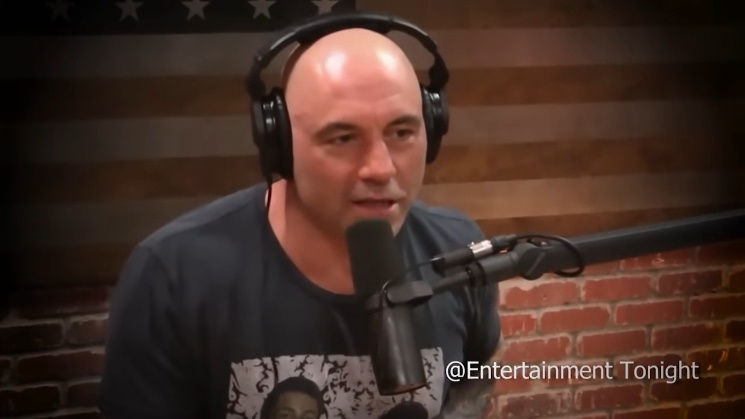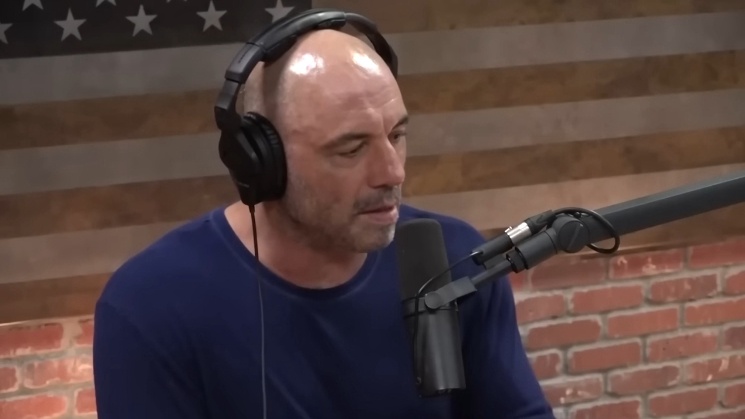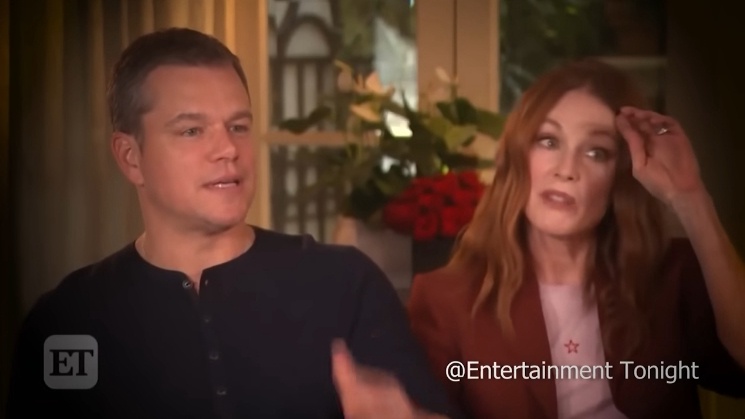On a recent episode of Joe Rogan’s podcast, the host delved into some of the most disturbing aspects of Hollywood’s power dynamics, spotlighting the notorious Harvey Weinstein and the complex relationships he fostered with various actors, including Matt Damon and Ben Affleck.

The Weinstein Scandal Revisited
Rogan’s discussion illuminated the chilling practices Weinstein allegedly used to manipulate aspiring stars. Weinstein, the disgraced former film mogul, is known for his involvement in a scandal that rocked the entertainment industry, exposing a culture of exploitation and abuse.
According to Rogan, Weinstein’s modus operandi involved grandiose promises to young actors. He would allegedly offer them career-boosting opportunities in exchange for compromising encounters. This quid pro quo arrangement kept many actors in a troubling cycle of dependence and exploitation. Whitney Cummings, a prominent comedian and actress, confirmed this disturbing pattern, emphasizing the manipulative and predatory nature of Weinstein’s behavior.
The Role of Male Actors
Rogan’s revelations extended beyond Weinstein’s interactions with female actors, touching on the involvement of male celebrities. He suggested that actors like Matt Damon might have been entangled in Weinstein’s manipulative web, navigating a murky landscape where professional success came with personal compromises.

Rogan speculated that Weinstein’s relationships with male actors, including Damon and his close friend Ben Affleck, might not have been purely professional. This perspective challenges conventional understandings of Hollywood’s power dynamics, suggesting that even prominent male actors were subject to the same manipulative tactics as their female counterparts.
Matt Damon and the Culture of Silence
One of the most controversial points raised by Rogan was Matt Damon’s alleged awareness of Weinstein’s misconduct. During an October 2017 interview, Damon admitted knowing about Weinstein’s behavior towards Gwyneth Paltrow, an actress who had previously described uncomfortable advances from Weinstein. Damon’s acknowledgment of his knowledge, despite claiming ignorance of the full extent of Weinstein’s actions, has raised questions about his complicity and the culture of silence within Hollywood.

Rogan highlighted that this culture of silence might have been fueled by fear of losing Weinstein’s support. This notion was echoed by Sharon Waxman, who accused the New York Times of suppressing a story about Weinstein’s misconduct due to intense pressure from influential figures, including Damon and Russell Crowe. Damon’s response to these allegations—denying knowledge of the specific claims but acknowledging Weinstein’s attempts to influence media narratives—further complicates the picture.
The Ethics of Fame
Rogan’s analysis underscores the ethical dilemmas faced by actors in their pursuit of fame. The conversation brings to light the complex interplay of ambition, power, and personal compromise within the entertainment industry. While Rogan’s assertions remain speculative, they provoke a critical examination of the lengths to which individuals might go to achieve and maintain success in Hollywood.
Public Reaction and Reflection
The public response to Rogan’s revelations has been mixed. Some have criticized high-profile actors like Damon for their perceived complicity, while others acknowledge the risks associated with challenging the Hollywood elite. The debate highlights the broader issue of power and coercion in the film industry, emphasizing the need for a more transparent and ethical approach to handling such allegations.

Joe Rogan’s willingness to address these uncomfortable topics serves as a stark reminder of the pervasive issues within the entertainment industry. As the conversation continues, it calls for a more comprehensive dialogue about the ethical boundaries actors are willing to cross and the impact of power dynamics on their careers.
The episode concluded with Rogan’s signature sign-off, leaving viewers to contemplate the far-reaching implications of his insights into Hollywood’s darker side.